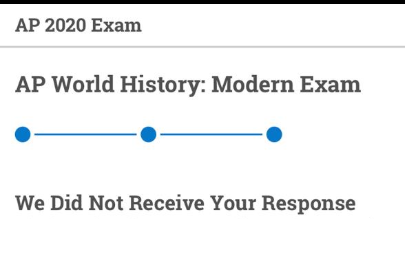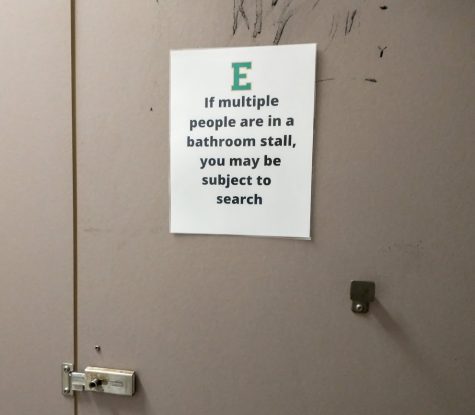This year’s online AP exam complications shouldn’t be surprising
May 20, 2020
The College Board has a controversial, if not downright problematic, history. Critiques range from simply the stress standardized testing puts on students to the board’s lack of accommodations for lower income students. This year’s online tests in particular make it clear that the College Board has no intention of changing this history.
The board has done little in the past to make education more equitable, even though the organization is classified as a nonprofit. Despite this categorization, the CEO of the College Board made $1.3 million dollars in 2009, while many of the executives pocketed hundreds of thousands. So why do AP tests cost more than $90 in the U.S. and even more abroad?
Even taking into account the drawbacks of this year’s online testing, students who had signed up to take AP tests were only offered a $50 refund if they chose not to take the exam. Additionally, recent developments have made it clear that the College Board was ill-prepared to administer online testing. 1% of students who attempted submissions during the first week of exams were unable to upload; while this may not seem like a large sum, this number represents approximately 20,000 tests.
The College Board started offering an alternative submission option through emailing in time for the second week of testing, but this can hardly make up for all of the ultimately fruitless work thousands of students put into their exams the first week. Those same students will be forced to test a second time come June.
This year’s tests also show a lack of inclusivity on the board’s part, as online testing poses a greater challenge for low-income students, many of whom are much more likely to not have access to the internet, devices on which to take the test, or a quiet testing environment.
Despite these criticisms, there is not much that students can do if they want to have a chance to earn college credit or are required to take SAT subject tests for college applications. There aren’t widely recognized alternatives to either of these tests (though thankfully the ACT is administered by its own organization). The College Board claims that the cost of AP tests are worth the money and time saved in college credit. However, not all colleges even allow students to skip courses because of their AP scores, and many place restrictions on the amount of credit a student can receive. This nevertheless remains an easy argument to make from a company that practically holds a monopoly on standardized testing.








